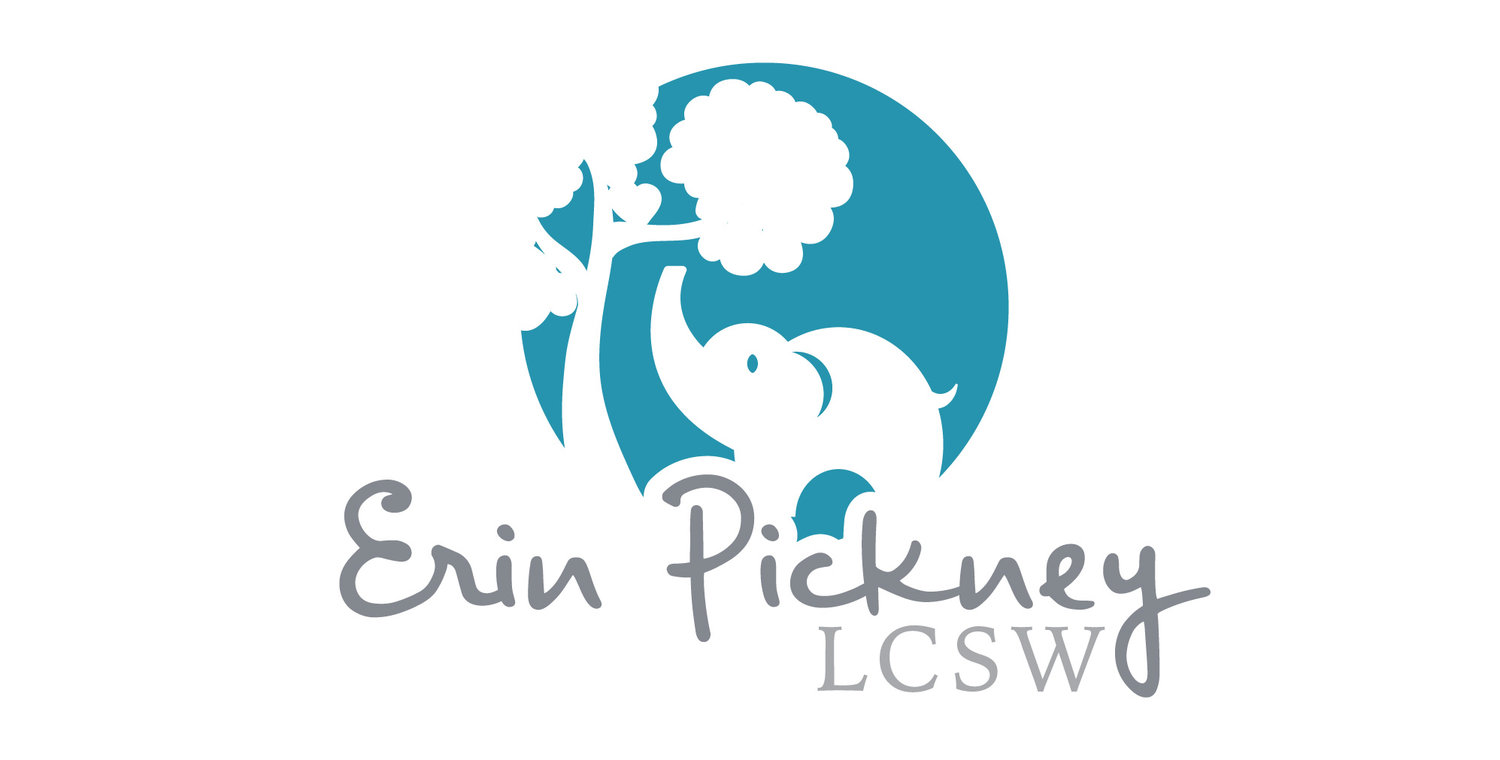How to Find the Right Therapist for You
So, you’ve decided that you’re ready to try therapy, and you’re wondering how you go about finding a good therapist. Or maybe you’re ready to try therapy again. Perhaps you’ve had a prior experience with a therapist that wasn’t a good fit. Maybe you were sent to a therapist as a child and didn’t find it helpful. Or maybe you previously saw a wonderful therapist, but for one reason or another, they aren’t an option right now. Where do you start?
First, it’s helpful if you have an idea about the kind of person you want your therapist to be. Do you want someone who will be direct with you and challenge you when you need it? Do you prefer someone who holds space for you and let’s you find your own way through whatever may have brought you to see them? Do you want a funny therapist? Or someone more serious? There are as many different types of therapists as there are people, so the first step is identifying what style you think might work best for you. The single most important component of the therapist-client relationship is just that: the relationship. Do you like them? Do you trust them? Do you feel safe telling them your story? Are you comfortable talking with them? It’s normal to be nervous at first, but you’ll want to work with someone with whom you can ultimately develop a strong, trusting therapeutic relationship.
It’s also not a bad idea to have some thoughts about the type of therapy you’re interested in. That doesn’t necessarily mean you have to know a specific modality (like Brainspotting, DBT, CBT, EMDR, etc.). It just means that it’s sometimes helpful to have an idea about how directive or non-directive you want your therapeutic process to be. Some therapies, like CBT and DBT have homework and certain skills to learn. Other therapies, like Brainspotting or EMDR have a certain progression during sessions. And others are entirely directed by you and what you want to bring to session. Most therapists will be able to work from more than one modality, so you don’t necessarily have to worry about choosing the wrong “type” of therapy for you. Like I said before, the relationship with the therapist is most important. If you don’t trust your therapist, it won’t matter what training they have or what skills they can teach you.
Now that you have an idea of the type of person you might want to work with and the general style of therapy you might like to try, you can start the process of finding your therapist. There are lots of ways to get there. If you want to use your insurance, you’ll probably want to start by searching for in-network providers. One of the easiest and most comprehensive places to begin your search for a therapist is Psychology Today. Most therapists (though certainly not all!) have a listing on this directory, and many will also indicate if they are not accepting new clients (though some won’t). It allows you to search by location, issue you’d like to address, type of therapy, cost and insurance acceptance, and even characteristics of the therapist. Read through the profiles until you find one that sounds like someone you’d want to work with. They will likely (but again, not always) have a link to their website on their Psychology Today profile. Spend some time exploring their website. Do you still feel like it’s a good fit? Does their website speak to something that resonates with you? If so, awesome! If not, click back over to Psychology Today to keep looking.
There are other therapist directories, too, and depending on your location, some will be more popular than others. Good Therapy, Therapy Den (great for finding diverse therapists and therapists that work with diverse clients), Open Path Collective (sliding scale options), or the Secular Therapy Project (for those seeking therapists who will not bring religion/faith into session - many are also skilled in working with survivors of Religious Trauma Syndrome) are some other options. Of course, good old Google is always an option, too! Depending on the size of your area, you may want to narrow your search by zip code or the type of issue you’re wanting to work on.
Ok, now you’ve found someone that feels like a good fit. What next? Well, start by contacting them in whatever way they have specified on their therapist directory profile or website. If they don’t indicate, go with whatever method feels best to you based on the information you have. I usually recommend scheduling a consultation call first, though not all therapists offer this and not everyone is comfortable talking on the phone. I find it to be a good way to gauge if the fit feels right, but it doesn’t work for everyone. If you reach out to someone and they don’t respond (I know, I know… I feel like this should never happen, but it absolutely does), keep searching. It just means they weren’t the right therapist for you. Don’t give up - you WILL find someone.
Now that you’ve found your therapist, what’s the next step? Schedule a first appointment and get started! You can expect to talk about what brings you to therapy and what your goals are during your first appointment. Remember, this is still an appointment where you’re feeling things out. Do you feel comfortable talking with your therapist? Does their space work for you? If so, great! You’ve got yourself a new therapist! If not, it’s okay to talk with them about it. Maybe there’s something they can do to help you feel more comfortable. They also might be able to recommend other local therapists who might be a better fit based on what you tell them. Just remember, if it’s not the right fit, don’t give up. The right therapist for you is out there!
